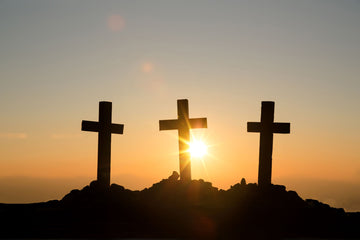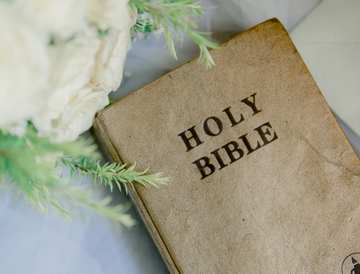This weekend, the Church observes Pentecost, a significant feast day marking the end of the Easter season and celebrating the Church's inception.
Here are key details about this feast day.
The Timing and Origins of Pentecost
Pentecost is celebrated 50 days after Jesus' resurrection and 10 days after his ascension. Since Easter's date varies each year, Pentecost can occur between May 10 and June 13. This feast is also linked to the concept of the novena—nine days of prayer—as described in Acts 1, where Mary and the Apostles prayed continuously for nine days after the Ascension leading up to Pentecost. Traditionally, the Church observes the novena to the Holy Spirit in the days before Pentecost.
The name "Pentecost" comes from the Greek word “pentecoste,” meaning 50th. There is a corresponding Jewish holiday, Shavu’ot, which occurs 50 days after Passover and is known as the festival of weeks. Shavu’ot began as a harvest festival and now commemorates the giving of the Torah to Moses on Mount Sinai. Each year, Jewish people renew their acceptance of the Torah during this feast.
What Happens at Pentecost?
In Christian tradition, Pentecost celebrates the Holy Spirit descending upon the Apostles, Mary, and the first followers of Jesus gathered in the Upper Room. A powerful wind filled the room, and tongues of fire appeared above their heads, enabling them to speak in different languages and understand each other. Some bystanders thought they were drunk, but Peter clarified that it was the work of the Holy Spirit, not intoxication.
The Holy Spirit endowed the Apostles with the gifts and fruits needed to carry out the Great Commission—to preach the Gospel to all nations. This event fulfills Christ's promise in Luke 24:46-49 that the Apostles would be "clothed with power" before being sent out to spread the Gospel.
Where Is this in the Bible?
The main events of Pentecost, including the strong wind and tongues of fire, are described in Acts 2:1-13. The subsequent events, such as Peter’s homily and the baptism of thousands, continue through verse 41.
After Pentecost, Peter, inspired by the Holy Spirit, delivered his first sermon to Jews and non-believers. He explained how the prophet Joel had foretold these events and proclaimed that Jesus, whom they had crucified, was the resurrected Lord. Peter urged the people to repent and be baptized, leading to the baptism of about 3,000 individuals.
Because of this, Pentecost is considered the Church's birthday—Peter, the first Pope, preached for the first time, converting thousands. For the first time, the Apostles and believers were united by a common language and a shared mission to spread the Gospel.




